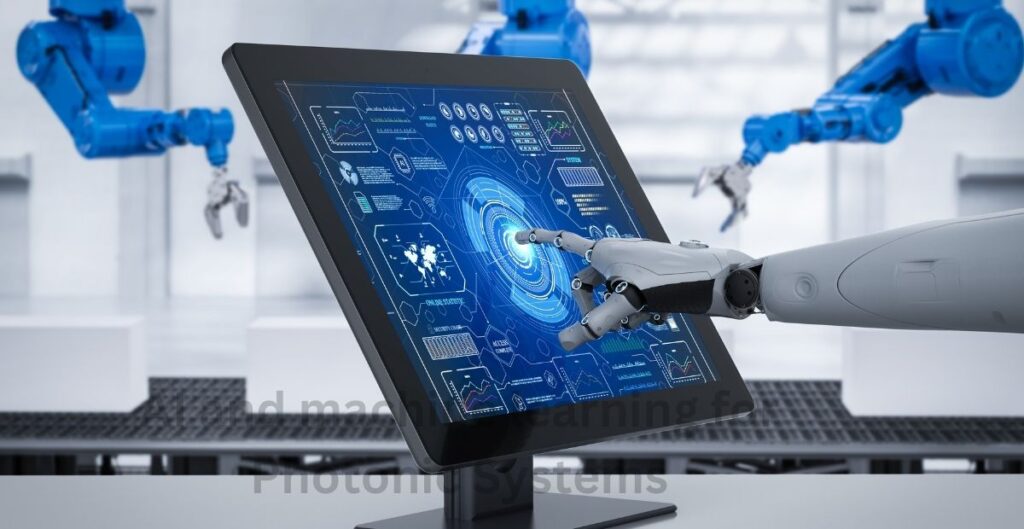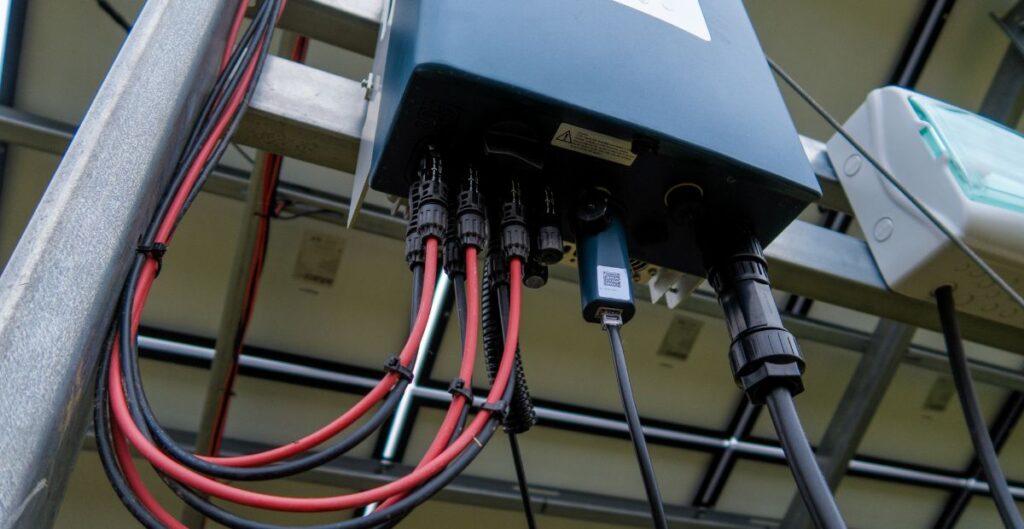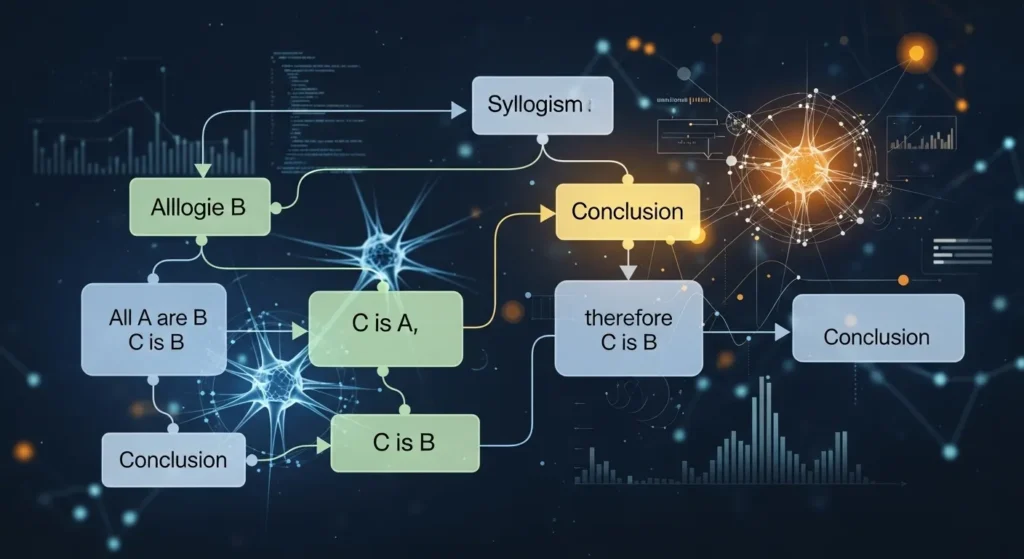Parking lots get difficult to find especially in heavily populated zones. Your time and fuel payments step up as you circle the vehicular area while seeking an available space. Smart parking systems machine learning technology make both parking procedures more efficient while making them simpler for users.
Artificial intelligence’s (AI) combination with machine learning enables smart parking systems to detect vacant spaces and direct users to secure places while providing estimates about parking occupancy patterns. These technological solutions reduce traffic congestion and air pollution which creates more sustainable cities and intelligent urban areas.
This piece demonstrates how AI-based parking systems operate along with showing the Python development process and providing free learning resources including PPTs and PDFs.
- How Smart Parking Systems Work
- Smart Parking Systems Machine Learning PPT: A Quick Guide
- Smart Parking Systems Machine Learning PDF: Learn in Detail
- Smart Parking Systems Machine Learning with Python: Build Your Own System
- AI-Powered Smart Parking: The Future of Stress-Free Parking
- Common Questions About Smart Parking Systems and Machine Learning
- Why You Should Think About Investing in Smart Parking Solutions
- Final Thoughts
How Smart Parking Systems Work
Real-time parking space monitoring occurs through combinations of AI algorithms and camera technologies and identification sensors.
- Parkway scanning technology uses cameras and sensors to spot open parking spots.
- AI analyzes the data to detect empty spots.
- Drivers get real-time updates on available spaces via apps or signs.
- The system predicts parking demand, which helps in managing parking spaces more effectively.
These systems make parking faster and more organized.
Smart Parking Systems Machine Learning PPT: A Quick Guide
If you’re looking for a visual explanation, many educational resources provide Smart Parking System PPTs for free. These presentations explain:
✔️ How AI and IoT help improve parking.
✔️ Research data showing the practical implementation of smart parking procedures.
✔️ You can find detailed manuals that show you how to establish your own smart parking system.
AI-powered parking benefits can be explored extensively through these presentation templates which support educational understanding.
Smart Parking Systems Machine Learning PDF: Learn in Detail
For a more detailed understanding, you can find research papers and reports on smart parking technology in PDF format. These PDFs include:
✅ Research papers on AI in parking systems.
✅ Case studies showing smart parking in action.
✅ The application of machine learning models to discover parking spaces.
Users who wish to explore technical aspects can begin their journey with these published documents.
Smart Parking Systems Machine Learning with Python: Build Your Own System
Python represents an ideal development platform for developers constructing smart parking systems. Real-time parking space detection becomes possible through the use of Python machine learning applications.
Here’s a simple Python script using OpenCV to detect empty parking spaces:

The implementation of advanced models enables real-time parking detection along with automated driver guidance features.
AI-Powered Smart Parking: The Future of Stress-Free Parking
Cities and businesses now use AI parking systems to:
🚗 Reduce traffic congestion
📊 Manage parking demand more efficiently
🔐 Improve security with automatic monitoring
Modern parking management systems reach optimal efficiency through the intelligent combination of Artificial Intelligence with IoT technology and automation systems.
Common Questions About Smart Parking Systems and Machine Learning
1. Which algorithm is used in smart parking systems?
Smart parking systems apply computer vision algorithms to combine with convolutional neural networks (CNNs) that detect parking spaces. The common machine learning frameworks YOLO (You Only Look Once) and ResNet receive frequent application in these systems.
2. How is AI used in smart parking systems?
AI helps in:
✔️ Detecting available parking spaces
✔️ Predicting peak hours for parking
✔️ Automating payment systems to save time
AI makes parking easier, faster, and more convenient.
3. What is a Smart Parking System Using IoT and ML?
Machine learning technology together with Internet of Things(IoT) sensors creates smart parking systems which track parking slots.Smart city solutions achieve maximum parking efficiency by minimizing traffic congestion during parking searches.
4. What technology is used in smart parking?
Smart parking systems use:
📡 IoT sensors to track parking spots
📷 Computer vision to detect available spaces
📊 Machine learning to predict parking demand
☁️ Cloud computing to process and store data
Intelligent technology systems synchronize to produce efficient and smart parking solutions.
Why You Should Think About Investing in Smart Parking Solutions
AI-powered parking systems help business ownersand city planners by:
✅ Reduce traffic congestion
✅ Increase revenue through automated payment systems
✅ Improve the customer experience with easy parking
🔹 Business owners can discover how smart parking solutions work by exploring these systems now.
Final Thoughts
Machine learning applications in smart parking systems define the future of vehicle parking infrastructure. AI systems together with IoT technology have transformed parking operations to deliver rapid and intelligent and efficient solutions.
🚀 Integrate smart parking options now for maximum performance of your parking system infrastructure.






